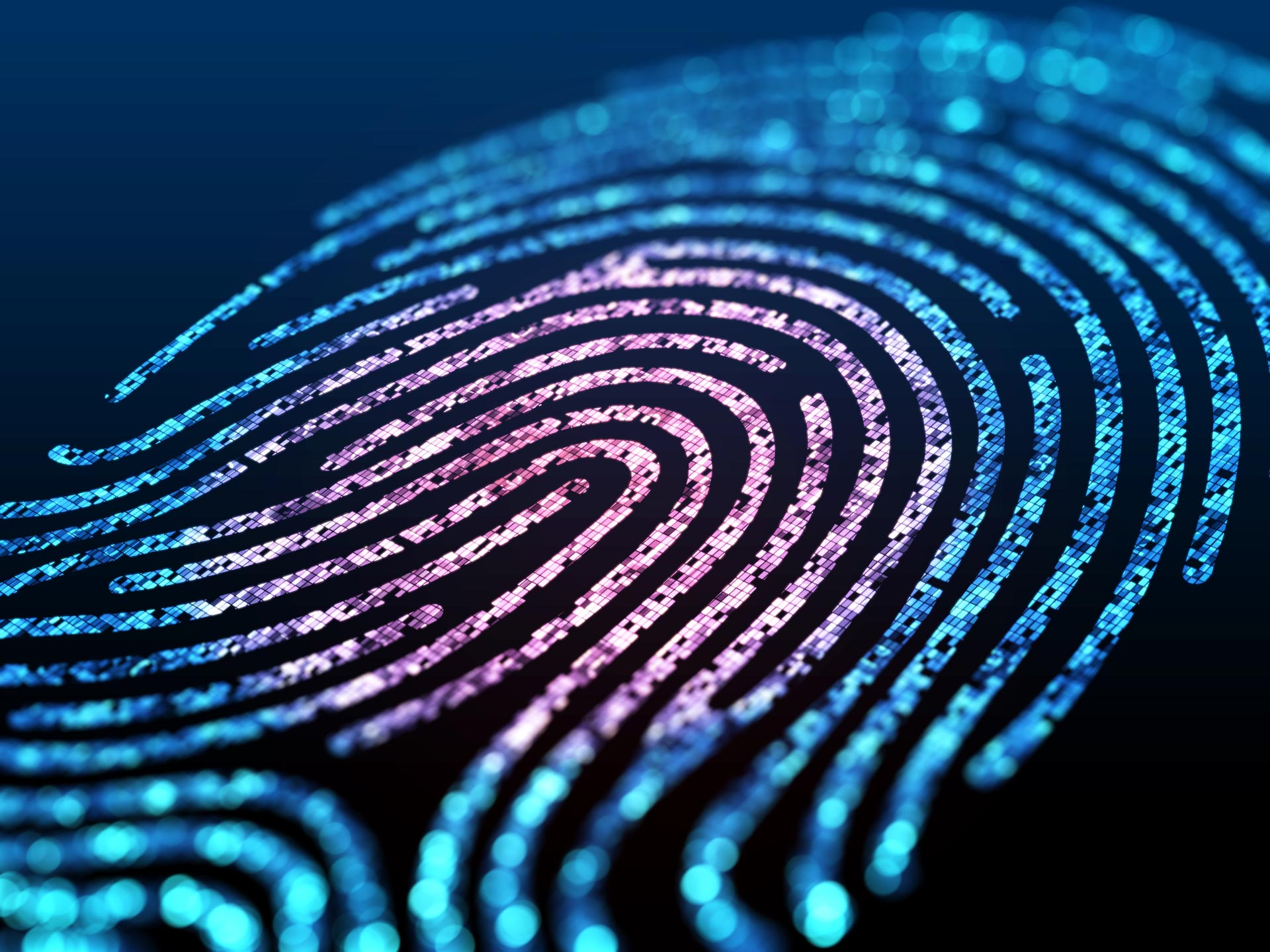
The use of biometrics as an alternative to traditional passwords is on the rise, with everything from facial and voice recognition to fingerprint authentication seeing climbing use across hardware, banking and beyond. But could this rise in biometrics spark a surge in identity fraud?
According to research published today by Paysafe Group, this is a concern that impacts many UK consumers – despite there being little evidence to suggest it will be the case.
In the report Lost in Transaction: The end of risk? the company found that 79% of consumers were still favouring passwords over biometrics due to a lack of trust, while 53% expressed concern that using biometrics for online payments would “dramatically” increase the rate of identity fraud.
Over a third (36%) were also worried about the implications of companies having access to personal biometric data, while 27% expressed fear that their fingerprint could be cloned, allowing it to be used to commit fraud.
For many, a lack of knowledge was a key driver of fear, with 30% saying they did not know enough about the technology to trust it, while 29% said it simply did not seem safe.
Biometrics can combat identity fraud
Identity fraud is a significant problem that, if implemented correctly, biometrics can help to combat. However, there is work to be done to improve consumer acceptance of the technology.
“Biometrics are a huge opportunity for the payments industry to combat the increasing risk of card not present fraud,” said Daniel Kornitzer, chief business development officer at Paysafe Group.
“However, it’s not surprising that there is reluctance among consumers to use biometrics as a form of payment authentication when passwords and PINs have been the central pillar of financial data security for at least 20 years.”
Strong Customer Authentication to drive rise in biometrics use
Biometrics is already on the rise, with Paysafe finding that 54% of British consumers having already used the technology to make a payment. Furthermore, from 14 September a new European regulation known as Strong Customer Authentication (SCA) will come into force, which requires all online purchases to be made using two-factor authentication.
This will force all online retailers to require two elements from a choice of three, one of which is some form of biometrics, while the other two are a form of hardware such as a phone and a password, pin or similar. As a result, biometrics use is set to grow significantly in the next year, making the need to reassure consumers particularly key.
“News headlines are also dominated with fraud and hacking scandals so the public are aware of the risks involved when it comes to adopting new services. To overcome this, consumer education is imperative and with SCA coming in September, consumers will need to be aware of the benefits to ensure acceptance and adoption,” said Kornitzer.
“We’ve lived in a password-driven world for many years now and consumers aren’t fully prepared to let go of what they know.
“Consumer acceptance of biometrics is being driven largely by smartphone usage and adoption, and this will only increase. However, payment providers will need to do their bit to get consumers on board. Ultimately, SCA should lead to smoother and more secure payments – a win for businesses and consumers alike.”
Read more: NatWest biometric payments trial to enable UK customers to pay with fingerprints







